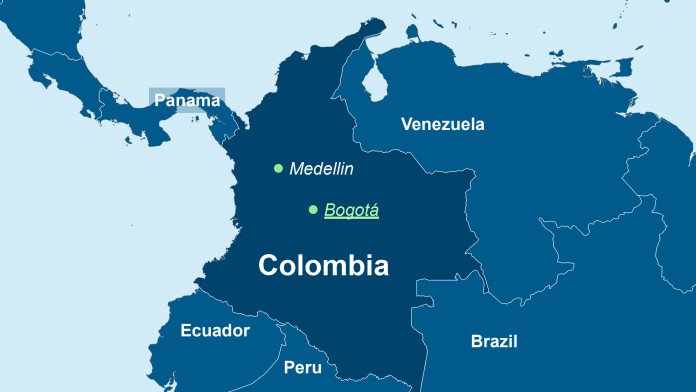
Colombia is the only South American country with access to two oceans: the Pacific and the Caribbean. The country has been marked by violence and civil war. A 2016 peace agreement with the country’s largest guerrilla group FARC (Fuerzas Armadas Revolucionarias de Colombia) has significantly improved the security situation. However, conflicts and armed confrontations between left-wing and right-wing groups continue. Some regions remain outside the control of the state.
Colombia is one of German development cooperation’s partner countries and one with which Germany works closely under intergovernmental agreements. The country’s economy is growing, but not everyone is benefiting from the progress. Despite the country’s poverty significantly decreasing over the past 20 years, income disparities between rural and urban populations have remained practically unchanged.
KfW Development Bank is supporting Colombia on behalf of the German Federal Government in preventing new conflicts and advancing the peace process. It is also helping the government to achieve its climate goals by conserving natural resources and using them sparingly, as well as through sustainable economic development.
KfW Office Bogotá
Director KfW Office: Alvaro Berriel
Cll. 125 # 19-24, Piso 5
Bogotá
Colombia
Phone: +57 1 4325352